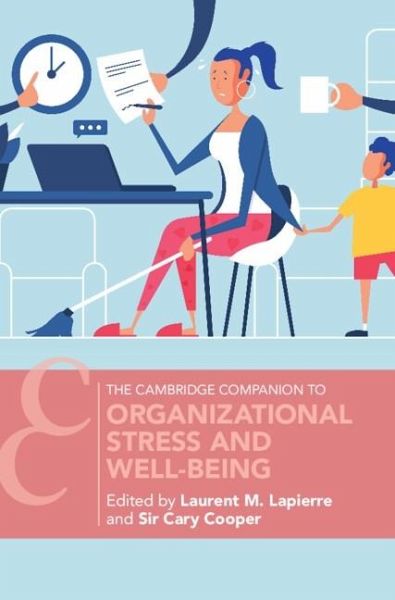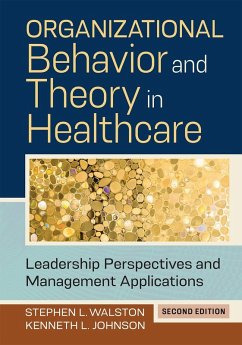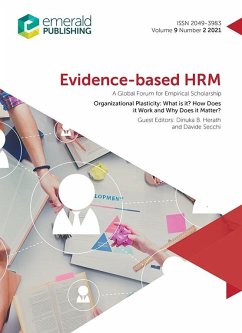
Organizational Stress and Well-Being (eBook, PDF)
Versandkostenfrei!
Sofort per Download lieferbar
36,49 €
inkl. MwSt.
Weitere Ausgaben:

PAYBACK Punkte
18 °P sammeln!
In this Cambridge Companion, global thought leaders in the fields of workplace stress and well-being highlight how theory and research can improve employee health and well-being. The volume explains how and why the topics of workplace stress and well-being have evolved and continue to be highly relevant, and why line managers have great influence over employees' quality of working life. It includes the latest research findings on stress and well-being and their impact on organizations, as well as up-to-date findings on the effectiveness of workplace interventions focused on these issues. It al...
In this Cambridge Companion, global thought leaders in the fields of workplace stress and well-being highlight how theory and research can improve employee health and well-being. The volume explains how and why the topics of workplace stress and well-being have evolved and continue to be highly relevant, and why line managers have great influence over employees' quality of working life. It includes the latest research findings on stress and well-being and their impact on organizations, as well as up-to-date findings on the effectiveness of workplace interventions focused on these issues. It also explores important and emerging issues relating to organizational stress and well-being, including the ongoing effects of the global coronavirus pandemic. This is an ideal reference for students and researchers in the areas of human resources management, occupational health psychology and organisational behavior.
Dieser Download kann aus rechtlichen Gründen nur mit Rechnungsadresse in A, B, BG, CY, CZ, D, DK, EW, E, FIN, F, GR, HR, H, IRL, I, LT, L, LR, M, NL, PL, P, R, S, SLO, SK ausgeliefert werden.













